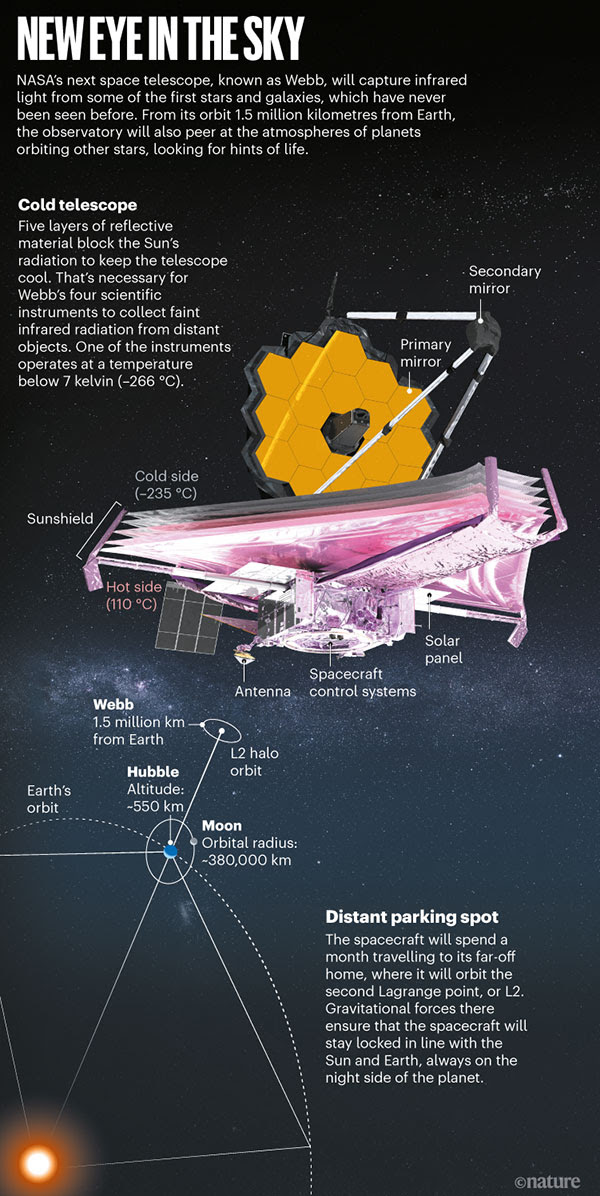I know only three side-doors to the cathedral of consciousness, through which
we can bypass the bewildered mind to enter the heart of the most unfathomable,
shattering, and universal human experiences, emerging a little more whole:
poetry, children’s books, and Bach.
No human experience is more shattering than the vanishing of a loved one
into “the drift called ‘the Infinite,'” in Emily Dickinson’s haunting phrase
— especially a parent, and especially if one is still a child when the unfeeling
hand of chance smites./.../
#CREMERS
Abertas inscrições para o curso de
Doutoramento em Bioética
O curso do Programa de Doutoramento em Bioética será realizado por
meio de convênio estabelecido entre o Conselho Federal de Medicina
(CFM) e a Faculdade de Medicina da Universidade do Porto (FMUP),
em Portugal.
O doutorado tem duração de três anos, sendo que um dos módulos
exige aulas presenciais na faculdade portuguesa, previstas para
outubro de 2022. Os demais acontecem na sede do CFM, em Brasília.
São oferecidas 25 vagas, e as inscrições já estão abertas,
estendendo-se até o dia 2 de janeiro de 2022.
Podem inscrever-se no processo seletivo candidatos que tenham
diploma de Medicina em curso reconhecido pelo MEC, com inscrição
no CRM e residentes em qualquer estado do Brasil.
As normas do processo seletivo, para o preenchimento
das vagas, podem ser acessadas no edital de seleção,
no link: https://doutorado.cfm.org.br/.
#TED
16 planet-friendly gift ideas, recommended by TED speakers

We asked 16 TED speakers to share their Earth-friendly gift recommendations --
and here's their green gift list.
|
#Nature June Lindsey, seen at the age of 96, played a key role in the discovery of the DNA June Lindsey, seen at the age of 96, played a key role in the discovery of the DNA
double helix, but she was never formally recognized for her work. Lindsey died in Ottawa earlier
this month at the age of 99. PHOTO BY JULIE OLIVER /PostmediaIn the story of the discovery of DNA, alongside Rosalind Franklin,
there was another X-ray crystallographer whose contribution has
been widely neglected: June Lindsey. Born June Broomhead, she
discovered the structure of adenine and guanine — a key part of
solving the DNA double-helix puzzle. In 1945, Lindsey joined the
legendary Cavendish Laboratory at the University of Cambridge,
UK. “I think she had the best time of her life,” says her daughter
Jane. That’s where DNA co-discoverer James Watson consulted
Lindsey’s thesis, which sparked a new understanding of the
makeup of the molecule of life.
Lindsey is the latest woman to be featured in Chemistry World’s
‘Significant Figures’ series, thanks to Briefing reader Alex MacKenzie. He wrote to us after we featured the edition about chemist Julia Lermontova, and I passed his
comments on to Chemistry World. Lindsey died in November, at
the age of 99, but in March MacKenzie wrote that Lindsey was
“still with us, living in a retirement home in Ottawa, lucid and clear
eyed, she remains a delight”. As he said in a previous interview,
“I would love, ultimately, for her to be known.” Chemistry World | 9 min read

#Museu da História da Medicina A partir de publicação do Dr. Valério Garcia, colega de turma (Med1960) da Dra. Valderês, cujo falecimento ocorreu há seis meses
#ASRM 14 dezembro 18 horas
Link da reunião: https://us02web.zoom.us/j/85639397843
ID da reunião: 856 3939 7843
SECRETÁRIA DA ACADEMIA SUL-RIO-GRANDENSE DE MEDICINA Tel.: (51) 3217-0666 / (51) 995025863 #Hospital Moinhos de Vento
#Vera Elisabeth Verissimo (lançamenos recentes)
Ganhei hoje, da Autora. Obrigado! |
Cosmologists Parry Attacks on the Cosmological PrincipleBy CHARLIE WOOD A central pillar of cosmology — the universe is the same everywhere and in all directions — is surviving a storm of possible evidence against it.
Read the article |
|
| |  | Oxford Mathematician Advances Century-Old Combinatorics ProblemBy ERICA KLARREICH A new paper shows how to create longer disordered strings than mathematicians had thought possible, proving that a well-known recent conjecture is “spectacularly wrong.”
Read the article |
 | What Does It Mean
for AI to Understand?By MELANIE MITCHELL Language models can generate uncannily humanlike prose (and poetry!) and seemingly perform sophisticated linguistic reasoning. How can we test if these machines actually understand what they’re doing?
Read the column
|
|
When a Gene Illness Discovery Means Breaking Bad NewsBy RACHEL CROWELL When scientists discover genes linked to dangerous illnesses in their samples, how should they convey that news to the study participants? The geneticist Cristen Willer had to tackle that challenge.
Read the interview
Related:
Karen Miga Fills In the Missing
Pieces of Our Genome
by Carrie Arnold |
|
|
Rebalancing Ocean Carbon
Removing carbon dioxide from our atmosphere is critical to fighting climate change. Equally important is its removal from our oceans, as Scott K. Johnson reports for Ars Technica.
One key to removing CO2 from the ocean is fighting ocean acidification. In 2019, Christie
Wilcox wrote for Quanta about how dead creatures on the sea floor can help maintain a
healthy pH.
Be Chill but Don't Freeze
Researchers managed to keep water in its liquid form down to -47.2 degrees Fahrenheit, Ashley Hamer reports for Live Science. Water’s phase diagram is vastly more complicated than textbooks usually describe. Not only can it be a frigid liquid, but it can also be a sweltering solid. In 2019, Joshua Sokol wrote for Quanta about “superionic ice,” water ice with a temperature of thousands of degrees. |
|
|
The Algorithm That (Recently) Changes the World
|
|
|
No comments:
Post a Comment